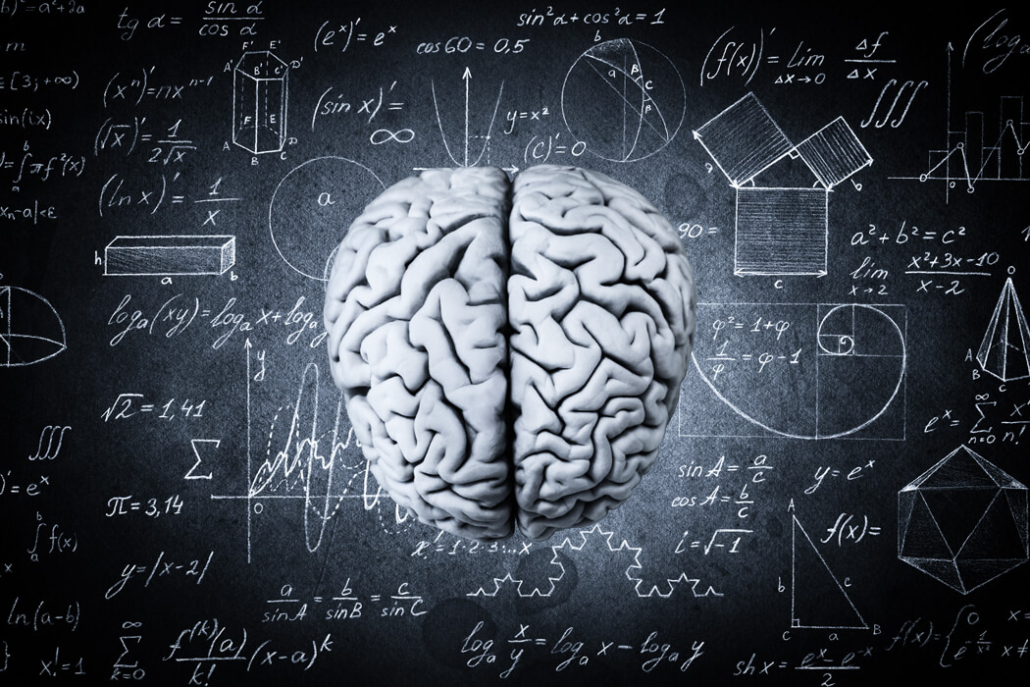Multiple Intelligence Theory and the Nine Types of Intelligence
Do you claim to be of average intelligence because of the results of an IQ test you once took? You might be far from average, despite your opinion. According to multiple intelligence theory, you can score average on an IQ test and still be highly intelligent. How is this so? An IQ test is also called an intelligence quotient test. It measures your linguistic, mathematical, and spatial intelligence. Yet there are at least nine different types of intelligence, and you can read all about them here:
Mathematical Intelligence
Mathematical or logical intelligence IQ tests cover mathematical intelligence. Someone with mathematical intelligence spots numerical patterns quickly. They can think in abstract ways and understand ideas. They can conduct experiments and find solutions to problems.
Linguistic Intelligence
IQ tests also measure linguistic or verbal intelligence. If you have high linguistic intelligence, you have strong verbal skills. You understand the meaning of many words. You are skilled at listening, speaking, writing, and explaining ideas to others. You would probably make a great teacher or excel at being a lawyer.
Spatial Intelligence
Do you do well at spatial questions in IQ tests? Spatial intelligence is sometimes called visual intelligence. If your spatial intelligence is above average, you will find it easy to think in pictures. Additionally, picturing accurate and abstract images in your imagination will be easy. You might have an aptitude for designing objects, completing jigsaw puzzles, painting pictures, and fixing things.
Musical Intelligence
IQ tests do not cover musical intelligence. A musically intelligent person can create and appreciate music, and they understand rhythm, pitch, and timber. They might be skilled at playing musical instruments, singing, or composing music. Perhaps they will be in a band. They could enjoy attending concerts and joining in busker nights at the local bar.
Existential Intelligence
Existential intelligence describes the ability to ponder the answers to meaningful questions about the existence of human beings. If you have high existential intelligence, you will be an intense thinker who enjoys considering and discussing the meaning of life, the reason for death, and how human beings came to be.
Kinesthetic Intelligence
Someone with a lot of kinesthetic intelligence will have mastery over their bodily movements. They may dance gracefully or have impeccable hand-eye coordination. They are unlikely to be physically clumsy or ungainly. People who have kinesthetic intelligence might become dancers or athletes.
Intrapersonal Intelligence
Intrapersonal intelligence refers to knowing yourself. If people consider your intrapersonal intelligence substantial, it means you are in touch with your beliefs, ways of thinking, principles, and emotions. You will be aware of your merits and your flaws. You will understand why you are as you are.
Interpersonal Intelligence
Interpersonal intelligence is about how well you understand others in terms of what they want, why they do things, and how they feel. Someone who is interpersonally intelligent will be empathetic. They would be good at counseling or any role that involves understanding and motivating others to be their best selves.
Naturalist Intelligence
Are you good at spotting and classifying different varieties of plants and animals? If so, you probably have sound naturalist intelligence. You might find that you are a talented gardener. During your education, you probably excelled at subjects such as biology. Furthermore, you may well understand your natural place in the universe as a human being.
Never Underestimate Others
Now that you have read about the nine types of intelligence, you will know why it is not wise to underestimate others based on their linguistic or mathematical intelligence. Someone might be inept in public speaking, but be a musical genius. Someone terrible at math might have an excellent grasp of how other people think and behave. Most people are talented in some way. Never assume you are better than anyone when it comes to intelligence.
Do Not Underestimate Yourself
Never underestimate yourself either. You might not be great with words. Perhaps you struggle to see patterns. However, you might also be brilliant at dancing or know about almost every bird species on this planet. If you are not sure where your talent lies, try doing different things to test your intelligence in different ways.
Learning More from Others
An awareness of the nine distinct types of intelligence can help you to view others differently. Multiple intelligence theory is a reminder that everyone is intelligent in some way. When you discover where someone else’s skills lie, you can learn far more from them than you otherwise might have. Furthermore, when you know where you excel, you can help the people around you more effectively.






